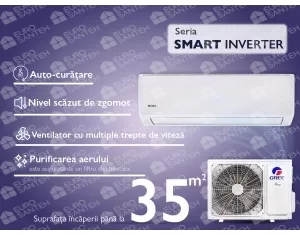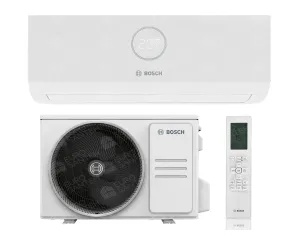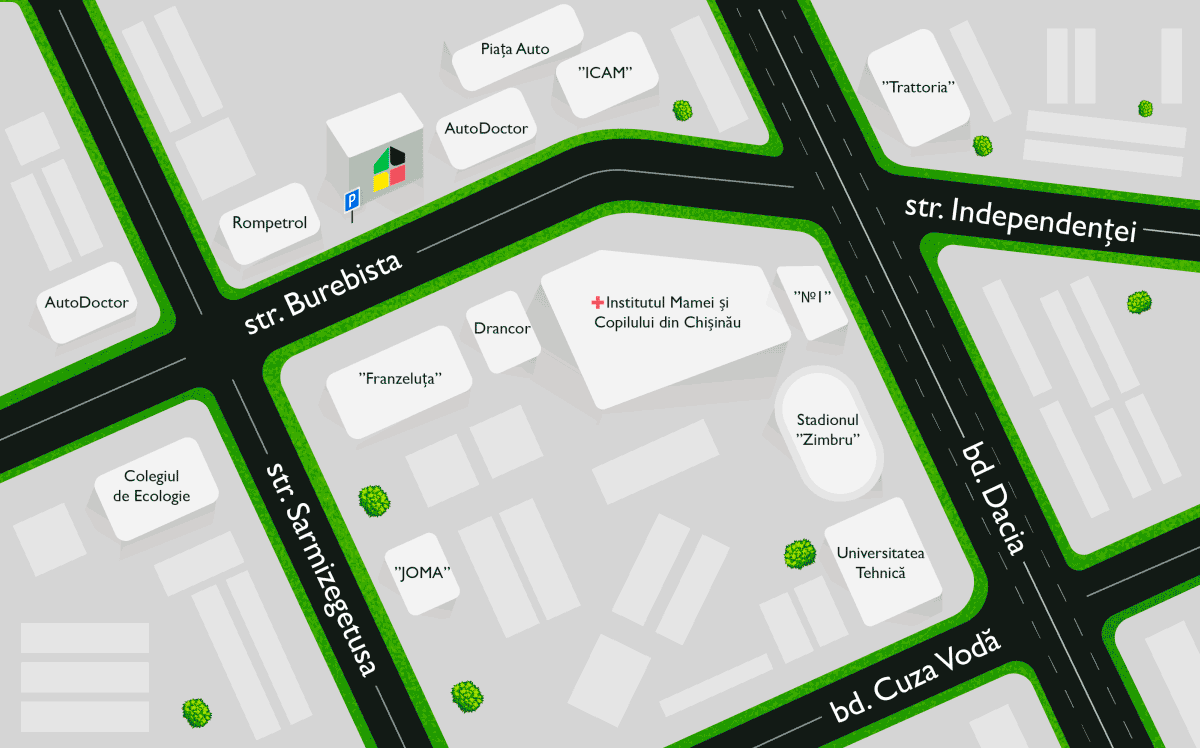Air conditioner inverter
Discounted inverter air conditioners in Chisinau, Moldova - Purchase in installments!
If you are looking for a discounted inverter air conditioner in Chisinau, Moldova, you have come to the right place! We offer a wide range of inverter air conditioners, ideal for your comfort at any time of year. Regardless of the season, an inverter air conditioner is a great solution for maintaining the ideal temperature in your home or office, while saving energy and money.
Special Discounts on Inverter Air Conditioners
Enjoy significant discounts on the most efficient inverter air conditioners in Chisinau! Our discounts are tailored to any budget and need for comfortable temperature. Choose an inverter air conditioner that provides excellent performance and low operating costs.
Payment in installments for your comfort
Don't let the price become an obstacle to buying a quality inverter air conditioner. We offer convenient installment payments so that you can take advantage of the best climate control systems, paying in a way that is convenient for you. Now buying an inverter air conditioner in Chisinau, Moldova, is becoming affordable thanks to the possibility to pay in installments without interest.
What are the benefits of an inverter air conditioner?
Energy efficiency: An inverter air conditioner automatically adjusts the cooling or heating power, consuming significantly less energy than conventional models.
Durability and Performance: These air conditioners are equipped with advanced technologies, which guarantees their long service life and stable performance throughout their entire service life.
Smart Temperature Control: An inverter air conditioner maintains a constant temperature in the room, avoiding unpleasant temperature fluctuations and providing additional comfort.
Efficient Cooling and Heating: In addition to efficient cooling in the warm season, these air conditioners are also great for heating rooms in the cold season, becoming an ideal solution for year-round use.
Buy an Inverter Air Conditioner Now and Take Advantage of Discounts in Chisinau
There are many options in Chisinau, but our offers with discounts on inverter air conditioners are the most profitable. Whether you need an inverter air conditioner for your home, office or other type of premises, we have the perfect solutions for any needs.
Contact Us for More Information!
If you have questions or need help choosing an inverter air conditioner in Chisinau, our team is ready to advise you. Contact us today for more information and to reserve your desired unit with exclusive discounts and the possibility of payment in installments.









